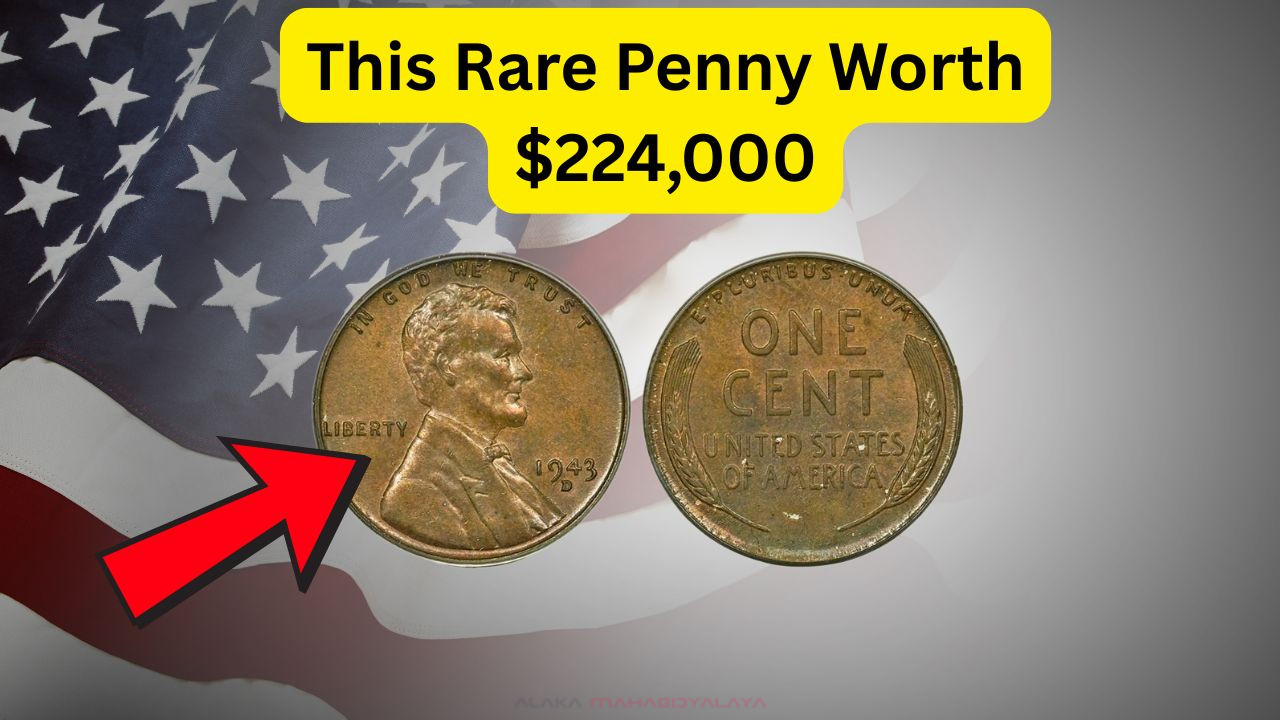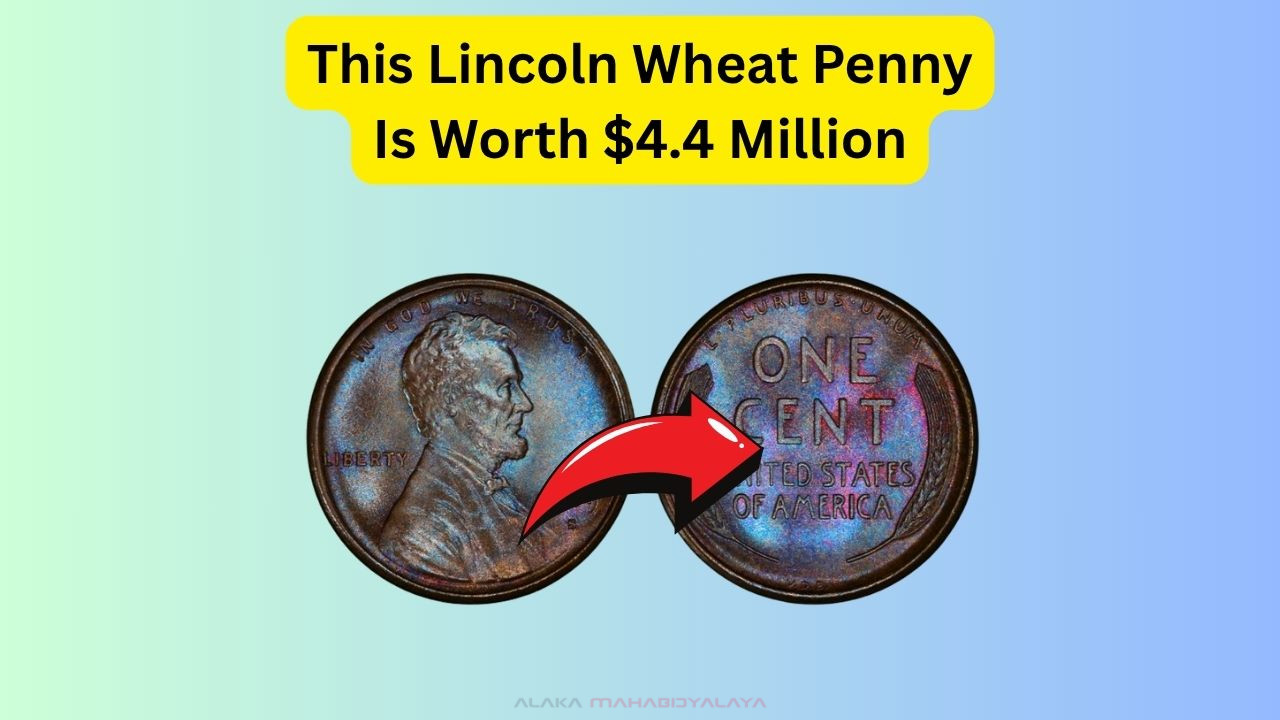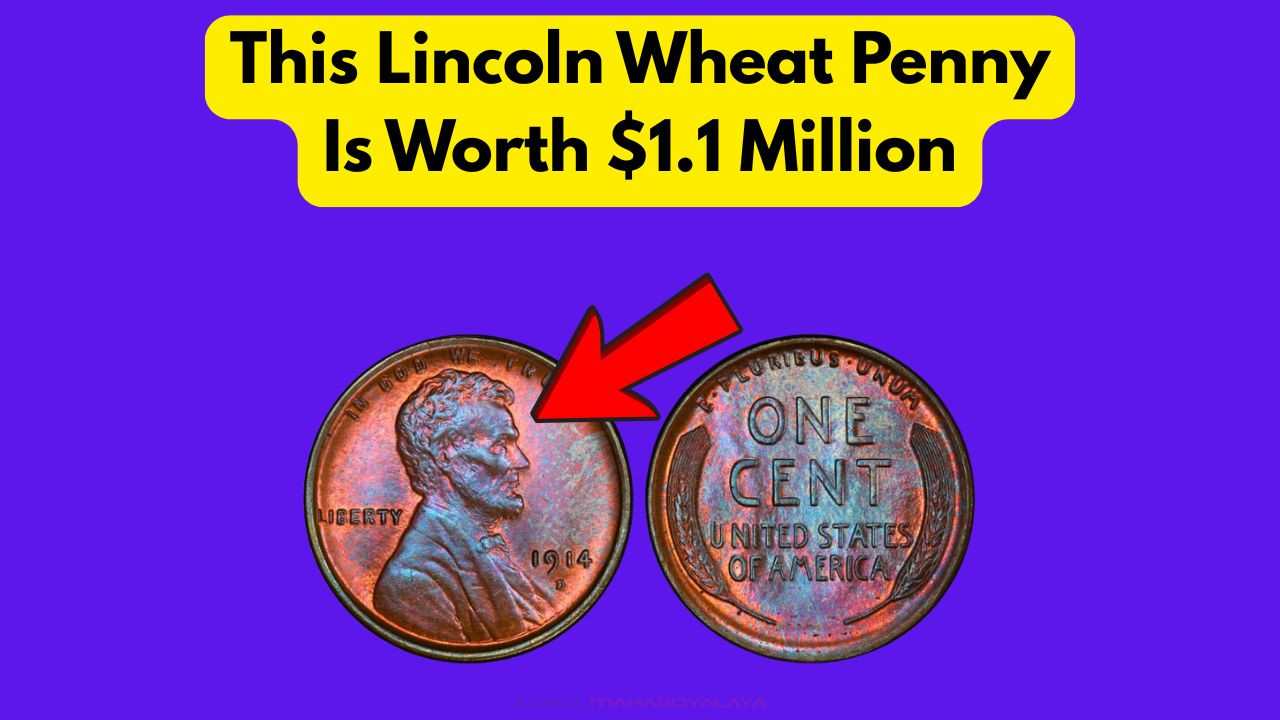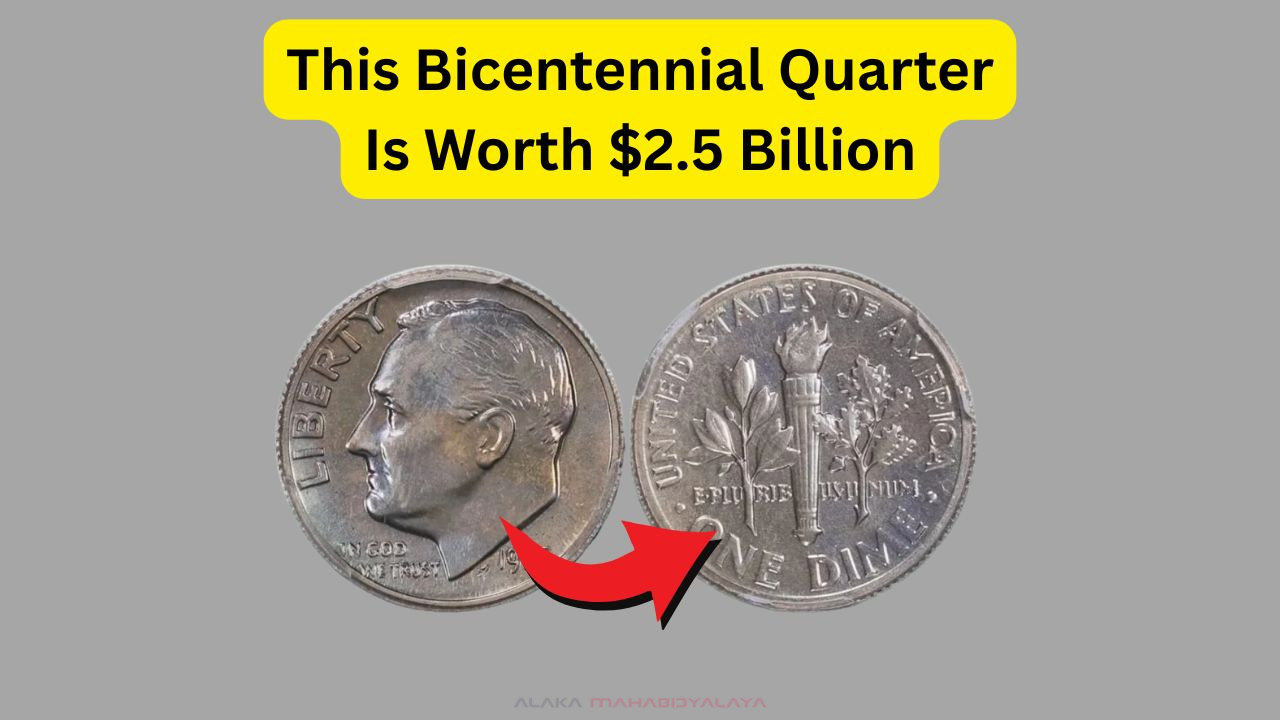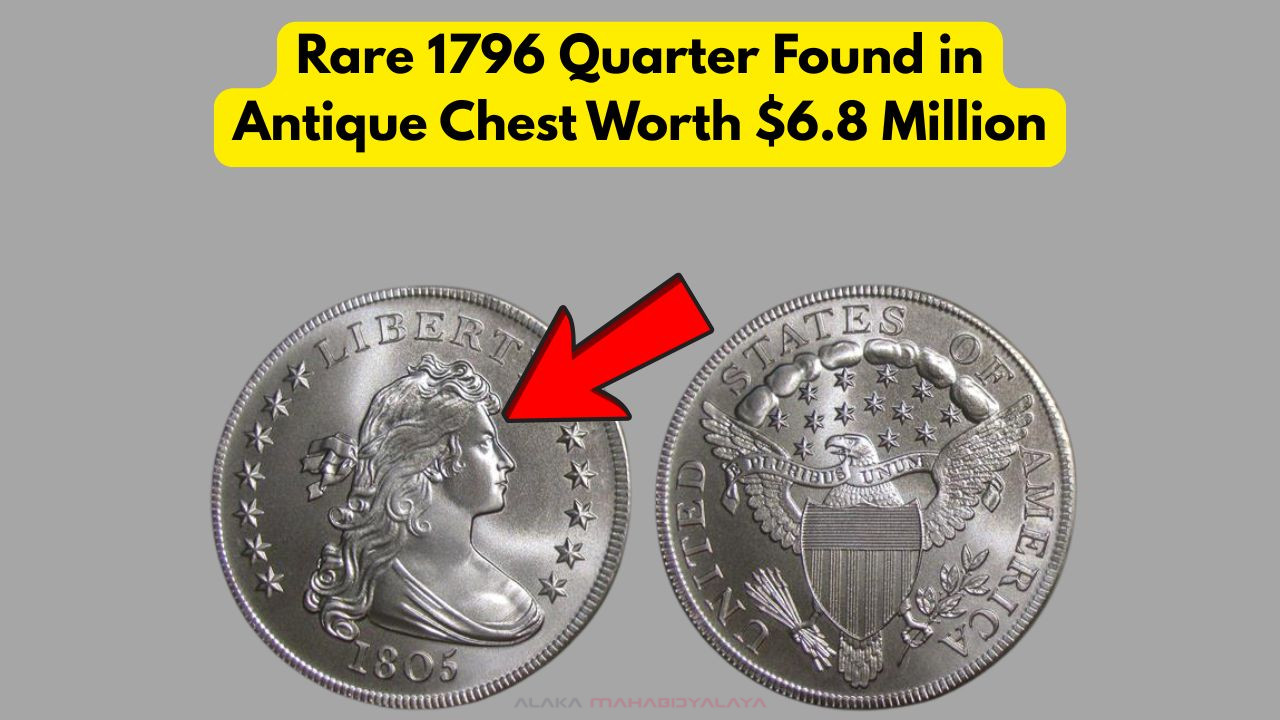Lincoln Wheat Penny Value
Discovering the True Value of a Lincoln Wheat Penny
Lincoln Wheat Penny: Have you ever wondered if that old penny in your pocket could be worth a small fortune? The Lincoln Wheat Penny, a coin that many might overlook, holds the potential for an astonishing valuation of up to $224,000. Collectors and enthusiasts alike have long been fascinated by this coin, which has a rich history stretching back to the early 20th century. But what makes this penny so valuable, and how can you determine if yours is one of the rare pieces?
Characteristics of a Valuable Lincoln Wheat Penny
- Condition: The state of the penny is crucial. Coins in mint condition are highly sought after.
- Mint Year: Certain years, like 1909-S V.D.B., are rare and valuable.
- Mint Mark: The location where the penny was minted can significantly affect its value.
- Error Coins: Mistakes during minting can increase a coin’s value dramatically.
- Historical Context: Coins minted in specific periods may have higher demand.
- Supply and Demand: The rarity and collector interest play a huge role.
- Patina: The natural aging of the penny can affect its desirability.
- Provenance: A documented history can increase a coin’s value.
Understanding the History of Lincoln Wheat Pennies
The Lincoln Wheat Penny was first minted in 1909 to commemorate the 100th anniversary of Abraham Lincoln’s birth. Designed by Victor David Brenner, the penny was the first U.S. coin to feature a president’s profile. Its introduction marked a significant shift in U.S. coinage, moving away from the traditional designs that preceded it. Over its production run from 1909 to 1958, several variations and mint errors occurred, some of which have become extremely valuable to collectors.
| Year | Mint Mark | Condition | Estimated Value |
|---|---|---|---|
| 1909 | S V.D.B. | Mint | $105,000 |
| 1914 | D | Fine | $4,000 |
| 1922 | No D | Very Fine | $12,000 |
| 1931 | S | Extra Fine | $150 |
| 1943 | Steel | Uncirculated | $10 |
| 1955 | Double Die | Good | $1,500 |
| 1944 | Steel | Mint | $110,000 |
| 1958 | Double Die | Mint | $224,000 |
How to Identify a Rare Lincoln Wheat Penny
Determining if you possess a rare Lincoln Wheat Penny requires keen observation and some knowledge of numismatics. Start by examining the date and mint mark, as these are critical identifiers of a coin’s rarity. Look for the ‘S’ mint mark for San Francisco-minted coins, which are generally less common. Error messages, like the famous 1955 double die, show clear doubling of the date and lettering and are highly prized. Condition is also paramount—coins in uncirculated or mint condition fetch the highest prices. A magnifying glass and a numismatic guidebook can be invaluable tools in this process.
Steps to Determine Your Penny’s Worth
- Inspect the Date: Look for rare years like 1909, 1914, or 1958.
- Check the Mint Mark: Identify if it’s S, D, or no mark.
- Examine the Condition: Use a magnifying glass to assess wear and tear.
- Look for Errors: Search for any minting errors, such as double dies.
- Use a Guidebook: Consult a numismatic guide for detailed information.
- Research Auction Results: See what similar coins have sold for recently.
- Seek Expert Appraisal: Get a professional opinion on the penny’s value.
Key Factors That Influence Lincoln Wheat Penny Value
Several factors influence the value of a Lincoln Wheat Penny, including its condition, rarity, and demand among collectors. The penny’s metal composition can also be a factor, as the 1943 steel pennies were a wartime anomaly and are of particular interest. The provenance or history of the coin adds another layer of intrigue, especially if a penny has a documented history of ownership or has been part of notable collections. The market for rare coins can be volatile, with prices fluctuating based on collector interest and economic conditions, making it essential for potential sellers to stay informed.
What to Do If You Have a Rare Penny
- Confirm its authenticity with a numismatic expert.
- Consider professional grading for an official condition assessment.
- Research recent auction results for similar coins.
- Explore selling options, such as auctions or coin shows.
- Maintain its condition by keeping it in a protective case.
Top Tips for Collecting Lincoln Wheat Pennies
For budding numismatists, collecting Lincoln Wheat Pennies can be both a fulfilling hobby and a potentially profitable investment. Start by acquiring a basic collection of pennies from different years and mint marks, then gradually aim for rare and high-value coins. Join coin collecting clubs and online forums to connect with fellow enthusiasts and gain insights. Always store your coins properly to maintain their condition, using acid-free holders or albums. Keep abreast of market trends and historical sales data to make informed purchasing decisions.
Lincoln Wheat Penny Collecting Best Practices
- Invest in a Quality Magnifier: Details matter in coin collecting.
- Keep a Detailed Inventory: Track your collection meticulously.
- Attend Coin Shows: Network and discover unique finds.
- Research Extensively: Knowledge is power in the coin market.
- Preserve Coin Quality: Handle with gloves and store properly.
- Engage with Experts: Learn from seasoned collectors.
- Be Patient and Persistent: Building a collection takes time.
The Future of Lincoln Wheat Penny Collecting
The interest in Lincoln Wheat Pennies shows no signs of waning. As more collectors enter the market, the demand for rare and unique coins continues to grow. Technological advancements, such as online auction platforms and digital cataloging, have made it easier for collectors to acquire and manage their collections. However, the rise of digital currency and changing economic conditions could influence future trends. Whether collecting for passion or profit, the key is to stay informed and adaptable to an ever-evolving market.
| Year | Mint Mark | Condition | Estimated Value |
|---|---|---|---|
| 1910 | D | Good | $10 |
| 1920 | S | Fine | $15 |
| 1930 | No mark | Very Fine | $5 |
| 1940 | D | Extra Fine | $3 |
| 1950 | S | Mint | $20 |
| 1960 | D | Good | $2 |
| 1970 | No mark | Fine | $1 |
| 1980 | S | Very Fine | $0.50 |
FAQs About Lincoln Wheat Pennies
What makes a Lincoln Wheat Penny valuable?
The value is determined by factors such as the year of minting, the mint mark, condition, and any minting errors present.
How can I authenticate a rare penny?
To authenticate, consult a numismatic expert or a professional grading service for an official evaluation.
Where can I sell my Lincoln Wheat Penny?
Consider selling through coin auctions, online marketplaces, or numismatic shows.
Are all Lincoln Wheat Pennies valuable?
Not all are valuable; only rare dates, mint marks, and error coins tend to be worth significant amounts.
Can I clean my Lincoln Wheat Penny to increase its value?
No, cleaning can damage the coin and decrease its value; it’s best to preserve its natural patina.
